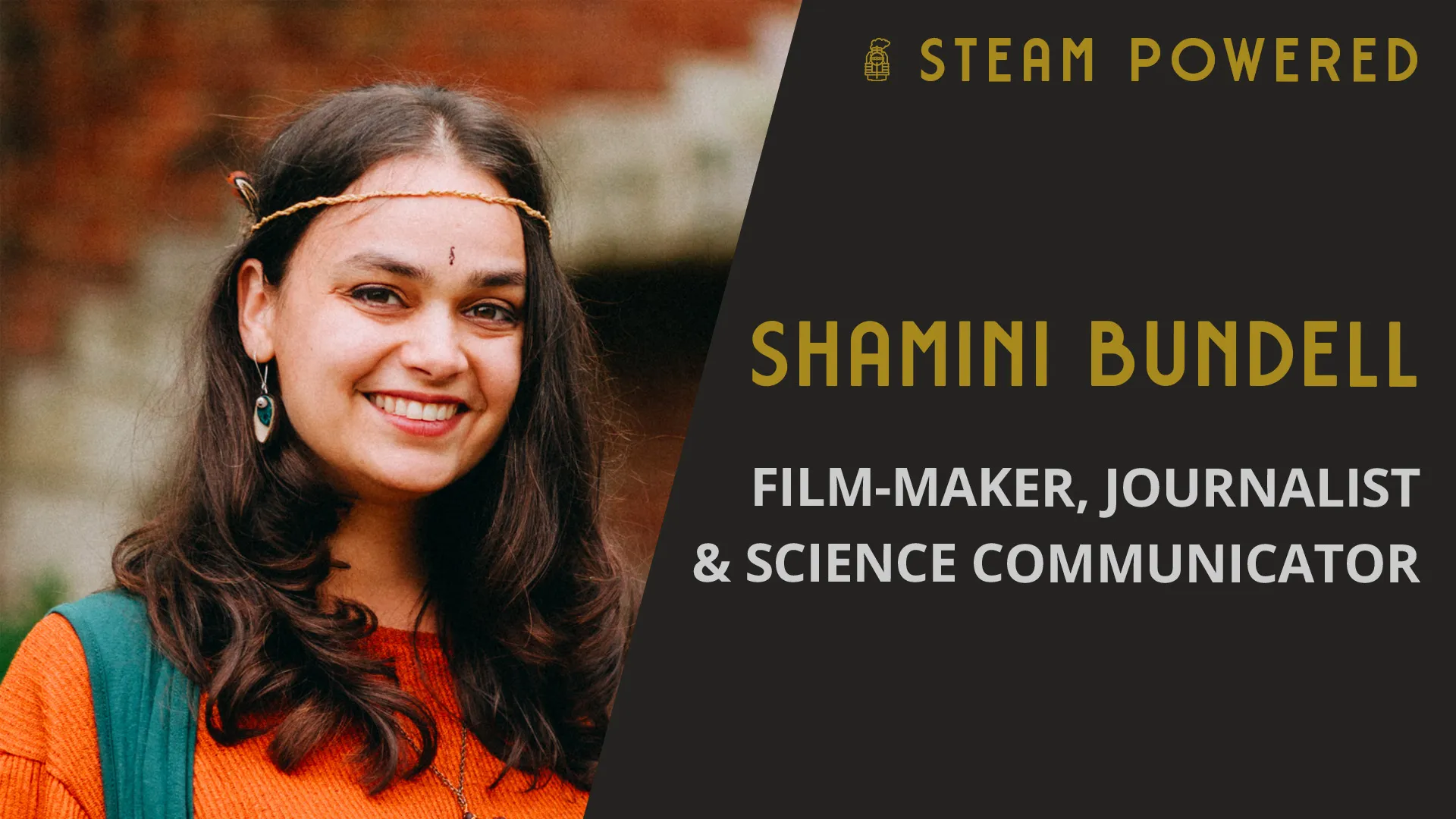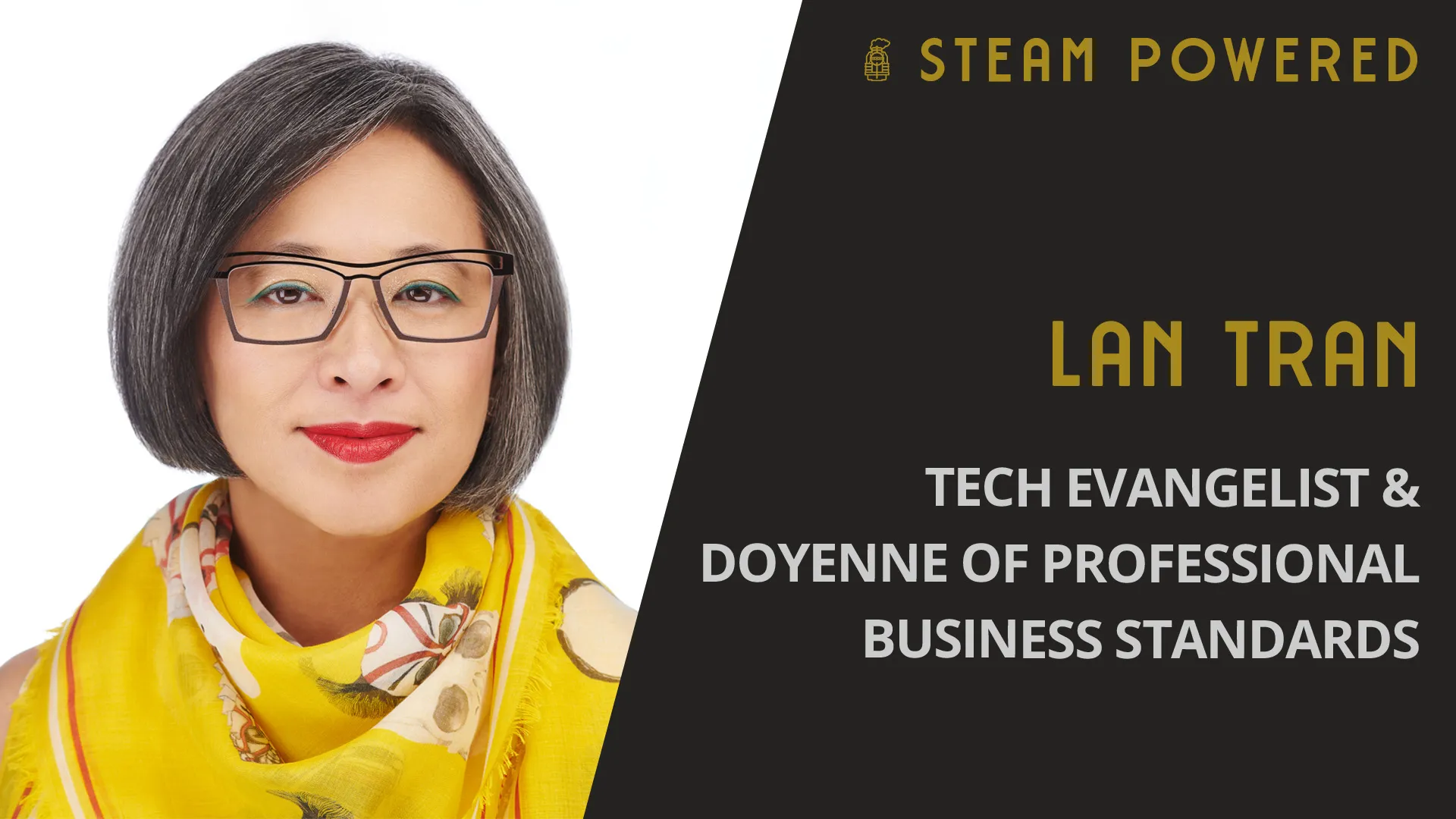Health and medical research strategy with Professor Moira Clay
Ever thought about asking a member of parliament about how to become prime minister? Moira Clay, a leading research strategist, asked that very question, and she has now cultivated a career helping leaders in health and medical research make an impact both in research and the community.
Join us as we speak about Moira's journey in medical research, and developing a holistic and comprehensive approach to cancer treatment.
About Professor Moira Clay
Professor Moira Clay is one of Australia’s foremost experts in research strategy. She is a transformational leader and a highly experienced facilitator, with an extensive knowledge of the changing research agenda. She has a reputation for professionalism and integrity and is known for her collaborative and inclusive approach. Moira has extensive senior executive experience in research institutes in Victoria, NSW and WA - including 6 months as Acting Director of the Telethon Kids Institute. She was President of two peak bodies – the Australian Society for Medical Research (2003) and Australasian Research Management Society (ARMS) (2013), leading significant public, political and scientific advocacy initiatives. In 2018, she was nominated as a Fellow of ARMS, acknowledging her enduring and substantial contributions to research management, and her active philanthropic involvement was profiled in a TEDx Fremantle talk. In 2011, she completed the Eureka Institute International Certificate in Translational Medicine. She is currently the Chair of the Advisory Board of the Menzies Institute.
Moira founded Moira Clay Consulting in 2013, propelled by her drive to help Australian health and medical research leaders achieve transformative health benefits for the community. MCC has built a strong reputation for adding value to health and medical research organisations (including medical research institute’s; hospitals, funding bodies; universities; peak bodies and major initiatives) across Australia.
- Moira Clay Consulting: https://www.moiraclayconsulting.com.au/
- Twitter: @Loscienziato
- LinkedIn: https://www.linkedin.com/in/moiraclay/
Listen to the Podcast
Listen on Apple Podcasts, Spotify, iHeartRadio, Amazon Music, Castbox, Deezer, Goodpods, Overcast, Pocket Casts, TuneIn, Blubrry, Podcast Addict, Podchaser, JioSaavn, RSS , and other podcast platforms.
Watch on YouTube
- [00:00:45] Moira's beginnings in biochemistry.
- [00:01:51] Developing the foundations for the work Moira does now during her PhD.
- [00:03:21] Exploring the world through postdoctoral research.
- [00:04:17] Moira's career crisis that led her to think bigger.
- [00:05:40] How does one become Prime Minister?
- [00:08:32] We ultimately want to make things better.
- [00:10:28] Co-design, and how medical research strategy can make an impact.
- [00:16:49] A stretched workforce needs greater collaboration.
- [00:19:29] The shift to cancer research.
- [00:22:25] Starting a consultancy.
- [00:23:23] The Pirate Ship Foundation.
- [00:24:16] West Australian Comprehensive Cancer Centre: The need for comprehensive cancer care.
- [00:30:45] Honeybee Venom Research by Dr Pilar Blancafort and Dr Ciara Duffy.
- [00:32:09] West Australian Comprehensive Cancer Centre.
- [00:33:56] Exercise for reduction of cancer risk and treatment efficacy.
- [00:38:18] What advice you would give someone who wants to do what you do? Or what advice should they ignore?
Topics/Resources/People Mentioned
- Dr Ciara Duffy & Dr Pilar Blancafort’s Honeybee Venom Research
- Duffy, C., Sorolla, A., Wang, E. et al. Honeybee venom and melittin suppress growth factor receptor activation in HER2-enriched and triple-negative breast cancer. npj Precis. Onc. 4, 24 (2020). https://doi.org/10.1038/s41698-020-00129-0
- Exercise Medicine Research Institute at Edith Cowan University, Director Professor Rob Newton
- WA Comprehensive Cancer Centre
- Harry Perkins Institute of Medical Research
- Pirate Ship Foundation
Additional Resources
Donate to support cancer research at The Perkins.
- Walk for Women’s Cancer
- Moira’s Walk for Women’s Cancer Donation Page
- Walk for Women’s Cancer Donation Page
Connect with Us
- @steampoweredshow
- @steampoweredshw
- @steampoweredshow
- @steampoweredshow
- @steampoweredshow
- @steampoweredshow
- steampoweredshow
Support STEAM Powered
Review Us
Please leave us a review on Apple Podcasts, Spotify, GoodPods, Podchaser, or your preferred podcatcher.
Become a Patron
Affiliate Programs
Start your own podcast or YouTube channel, or run panels and seminars with
Riverside.fm. Record up to 8
people in a session with up to 1000 audience members. You can record in advance
as I do, or you can livestream with the option to send it straight to Facebook,
Youtube, Twitter, or Twitch. There’s even a green-room for guests and live call
in for audience members. Afterwards, get separate video (up to 4K) and audio (up
to 48kHz) tracks per recorded participant for editing, none of that “active
speaker only” limitation. You know you’re in good hands with a service whose
client-base includes some heavy-hitters. Check out
Riverside.fm to see who else is on
board. Use promo code STEAM25 to get 25% off the first three months of your
subscription.
Music is “Gypsy Jazz in Paris 1935” by Brett Van Donsel.

